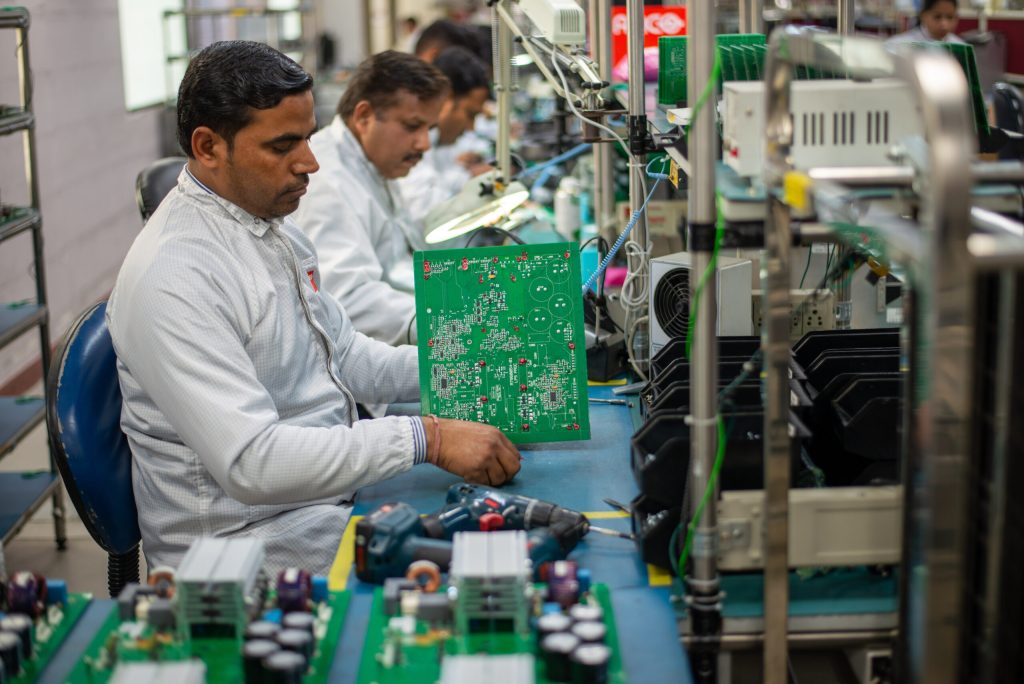The Centre has agreed to offer consistent fiscal assistance of 50% of the project cost for the establishment of semiconductor fabrication units in order to stimulate semiconductor manufacturing in India.

The Union Cabinet, presided over by Prime Minister Narendra Modi, approved the move on Wednesday by amending an existing programme, the ‘Programme for Development of Semiconductors and Display Manufacturing Ecosystem in India.’
In addition, the Union Cabinet approved a Rs 19,500-crore production linked incentive (PLI) plan on the ‘national programme on high efficiency solar PV modules,’ with the goal of attracting Rs 94,000-crore investment in the industry.
Anurag Thakur, Union Information and Broadcasting Minister, told reporters that the decision to build semiconductor manufacturing factories will stimulate investment and make India self-sufficient in semiconductors. The 50% incentive applies to semiconductor fabrication across all technological nodes, as well as compound semiconductors, packaging, and supporting facilities.
“A standard fiscal assistance of 50% of the project cost will be offered across all technological nodes for the establishment of semiconductor fabs,” according to an official announcement.
Given the niche nature and technology of compound semiconductors and advanced packaging, the modified programme will provide fiscal support of 50% of capital expenditure for the establishment of compound semiconductors / silicon photonics / sensors / discrete semiconductors fabs, according to the release.
“Many global semiconductor companies have expressed interest in establishing fabs in India as a result of the initiative.” “The revised initiative will accelerate investment in semiconductor and display production in India,” it stated.
According to the statement, an Advisory Committee comprised of global experts from industry and academia formed to advise the government on India’s Semiconductor Mission unanimously recommended uniform support for all technology nodes of silicon semiconductor fabs / silicon photonics / sensors / discrete semiconductor fabs and ATMP/OSAT, which was accepted by the government.
The solar programme, which would develop around 65,000 MW per annum production capacity of completely and partially integrated solar PV modules, intends to lessen India’s reliance on renewable energy imports. According to Thakur, around 2 lakh direct employment would be generated in the industry. “The programme is estimated to save around Rs 1.37 lakh crore in import substitution,” he added.
Solar PV manufacturers will be chosen in an open and transparent procedure.
